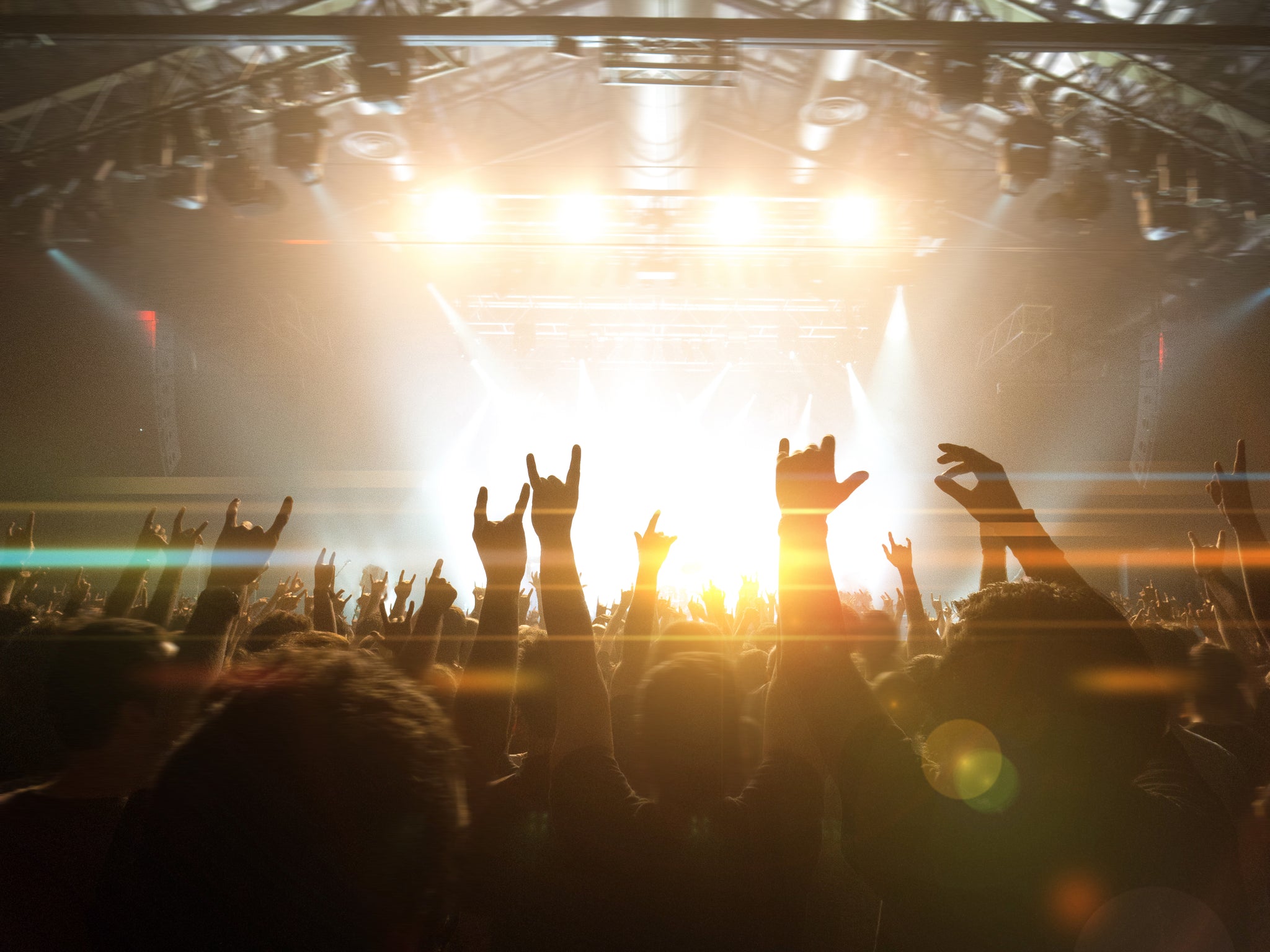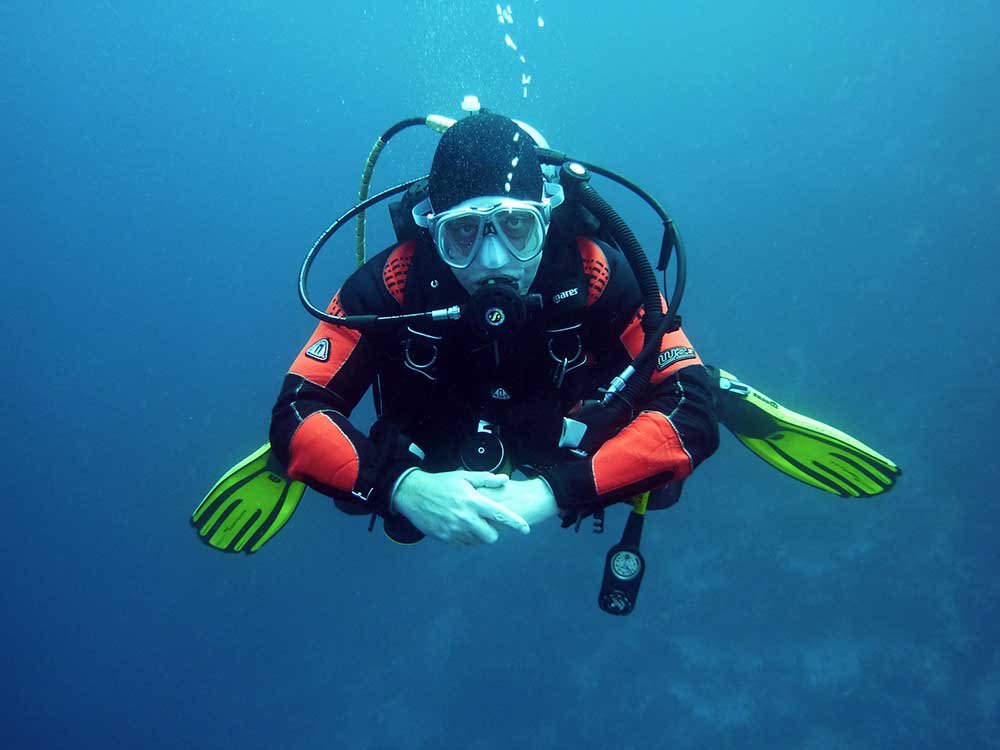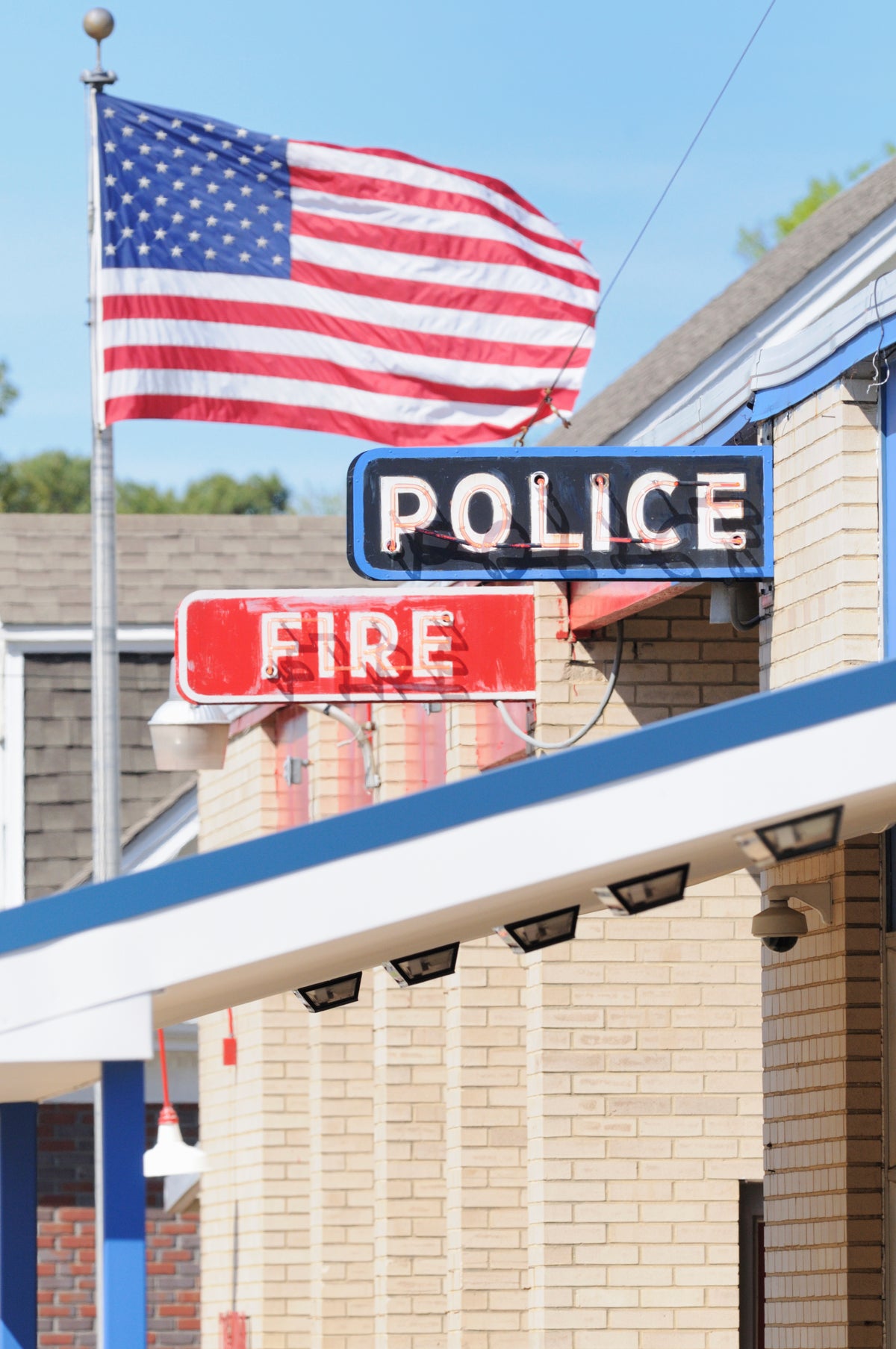
Ear Plugs at Music Festivals
Summer is finally here and that means the outdoor music festival season has started! Be sure to bring your custom ear plugs (we have ear plugs designed specifically for use at concerts) because those fun filled festivals that we all love so much can be extremely loud and potentially damaging to your hearing.
In an AARP website article (July 2018) entitled “List of Rockers with Hearing Loss Grows” by Edna Gundersen, it is stated that there is “…a growing number of musicians suffering from hearing loss after decades of exposure to loud music.” In some instances, it did not take decades for the musicians to experience tinnitus and near deafness.
Why does music, often harmonious and soothing, have the potential to harm hearing? Simple: it is still noise and often played loudly. The article enlightens us stating “long periods of exposure to sounds exceeding 85 decibels, the equivalent of busy street traffic, is considered risky. The pain threshold is 125 decibels. The average rock concert is 115 decibels, 10 decibels below a jackhammer or ambulance. The permissible exposure time before damage occurs at 115 decibels is three minutes, according to data from 3M Occupational Health and Environmental Safety Division. Sound systems in some areas and stadiums can hit 140 decibels. That’s louder than a jet engine.”
The non-profit (501c) Hearing Education and Awareness for Rockers (HEAR) was started by musicians dedicated to raising awareness of the dangers of noise exposure and to advocate for custom earplugs and in-ear monitors as most effective in preventing damage and in conveying sound frequencies over conventional earplugs. Forget stuffing cotton or tissue in your ears because apparently it only cuts loudness by 7 decibels!
HEAR executive director, and one of the founders, Kathy Peck, writes: “It is always a great idea to have hearing protection at a concert” and “cheap earplugs are good in a pinch, but customized earplugs stop the progression of hearing loss.”
Although HEAR is very concerned about teens “who think they are invincible” there are concerns for other young adults and people in their sixties and seventies who are still playing music and going to concerts without proper protection against hearing damage.
The Listening Stack has an ear mold lab onsite which gives the freedom to help meet an affordable variety of special requests. Perhaps even consider a custom ear mold gift certificate for your favorite musician or music lover in the family – the real gift is helping them prevent hearing damage and future problems.
Also in Hearing Protection

Do Ear Plugs Help When Scuba Diving?

Are Earplugs Safe To Use?

